The Edward Byrne Justice Assistance Grant (JAG) Program allows states, tribes, and local governments to support a broad range of activities to prevent and control crime based on their own local needs and conditions. JAG blends the previous Byrne Formula and Local Law Enforcement Block Grant (LLEBG) Programs.
Lottery Funds are only available to the multi-jurisdictional narcotics task forces. These funds are awarded in conjunction with the annual JAG awards.
- Grant applications are not being accepted at this time. The deadline for submission was August 26, 2024.
Eligible Program Participants
Eligible participants include:
- State or units of local government
- Indian Tribe
- Non-government victim witness assistance programs
- Domestic violence programs
Applications must support the JAG purpose areas to improve the functioning of the criminal justice system or provide assistance to victims of crime. Grant funds can be disbursed to recipients who are registered with and have received their Unique Equity Identifier (UEI) with SAM.GOV. Applicants must provide their UEI and be in good standing.
Application/Award Timeline
The JAG program and Lottery funds are awarded annually. For the calendar year (CY) 2025 grants:
- July: Notice of funding availability is made.
- August 26: Applications deadline.
- September: North Dakota Drug and Violent Crime Policy Board meets to award funds.
- October: Award and denial letters are distributed to applicants.
- January: JAG/Lottery annual projects commence.
Authorized Uses
JAG funds can be used for state and local initiatives, technical assistance, training, personnel, equipment, supplies, contractual support, and information systems for criminal justice for one or more of the following purpose areas:
- Law Enforcement
- Prevention/Education
- Corrections/Community Corrections
- Drug Treatment
- Prosecution/Courts
- Planning/Evaluation/Technology Improvement
- Crime Victim and Witness Programs (other than victim/witness compensation)
Prohibited Uses
Grant funds cannot be used to supplant state and local funds, or for reoccurring warranty, or maintenance expenses. In addition,
- JAG funds cannot be used for firearms, ammunition, canine expenses, or construction projects.
- Lottery funds cannot be used for personnel costs or buy funds.
Grant Applications
Applications are not being accepted at this time. The deadline for submission was August 26, 2024.
Grant application form
Submit the completed application by email to agogrants@nd.gov. Applications must be received no later than 11:59 PM (central time) on August 26, 2024. Late applications will not be considered. This is a reimbursement-based grant. Submitted expenses must be supported by complete and detailed documentation. Quarterly financial and progress reports are required. Reimbursement may be withheld if reporting is not complete. The grant manager may conduct a site visit or desk review during the award period.
Length of Award
Grants are awarded for a maximum of one year. Continued funding cannot be guaranteed. Applicants should secure local funding so that projects may be continued after the grant ends.
Grant Funding Criteria
The following factors are considered when awarding grant funds:
- Overall quality of the application.
- Demonstration of need.
- Probability of the project meeting identified goals and objectives.
- Impact of the project on the criminal justice system.
- Degree and success of coordination with other agencies.
Grant Awards
Minutes of the Drug and Violent Crime Policy Board (which reviews the grant applications and makes recommendations on the amounts approved for award) can be found on the Meetings page.
Match Requirements
The grant awards require a 35% cash match of local funds, based on total project cost. Grant funds are disbursed as reimbursements, for 65% of the total amount requested.
Reporting Requirements
Quarterly online progress reporting through the Bureau of Justice Assistance’s Performance Measurement Tool (PMT) is required.
Quarterly financial reporting is required through our office. A summary financial report (SFR) will be submitted and must be accompanied by complete documentation.
Technical Assistance
If you require any assistance regarding the grant application process, please call 701-328-2210 and ask for the grants management section.



